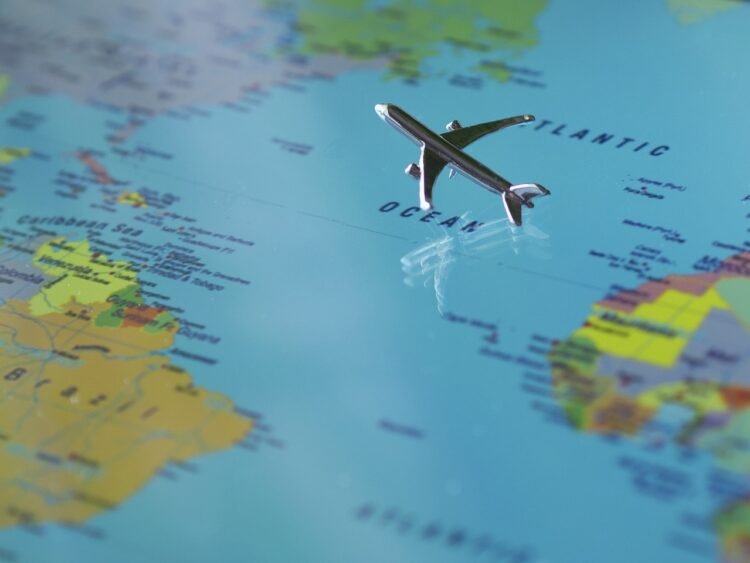Hyper Globalisation is the concept that believes that globalisation is happening and there is an emergence of a homogenous global culture.
In a hyper-globalised world, countries produce things in which they have comparative advantage and import those others can make at lower opportunity cost. For example, Indonesia and Malaysia produce palm oil; and Ukraine and Russia produce sunflower oil. They have comparative advantages in the palm oil and sunflower oil. Therefore, Indonesia alone is the largest exporter of palm oil.
Hyper-globalisation and leveraging comparative advantage work well in a world without geopolitical frictions or natural disasters. For example, 2011 Thailand floods impacted the computer hard drive supply chain.
The period of hyper globalization has been associated with the most dramatic turnaround in the economic fortunes of developing countries.
Recently war-torn Ukraine started Rethinking in terms of hyper globalisation. In a hyper-globalised world, countries would largely produce things in which they have comparative advantage and import those others can make at lower opportunity cost.
The main difference between globalisation and hyper globalisation is very narrow and can be best described as the rate of speed at which the process of globalisation takes place. period between 1870 and 1914 the Golden Age of globalization in which world trade in terms of gross domestic product went from a 9 percent to 16 percent share. However, in the current age of hyper-globalization, which includes both goods and services, the gross domestic product share has reached 33 percent.
The most recent example is palm oil, which accounts for roughly 40 per cent of India’s annual vegetable oil consumption of 22-23 million tonnes. The country’s palm oil requirement is met almost entirely through imports from Indonesia and Malaysia. Indonesia alone has a nearly 60 per cent share of the world’s output and export of this oil. Comparative advantage theory would see this as a good thing. When palm oil is produced in Indonesia and Malaysia or sunflower oil in Ukraine and Russia, it results in “gains from trade” for other countries.
Recently, Indonesia, the world’s largest producer and exporter of the palm oil has been experiencing domestic shortages of the same. This led to spike in the domestic palm oil prices in Indonesia and the world (including India). Therefore, Indonesia has announced to ban all exports.
International Monitory Fund defines Globalization. It says, “Globalization means that world trade and financial markets are becoming more integrated.”
The term ‘Hyper-globalisation’ is used to describe the dramatic increase in international trade witnessed for about a decade and a half from the early 1990s. It led to an unprecedented movement of capital and of people. Capital and labour flowed across the world.
According to Gordon Hanson, who teaches urban policy at Harvard Kennedy School, ‘Hyper-globalisation’ is not a policy. The term is an outcome related to a series of events which happened to occur at the same time and which rapidly increased the speed at which national markets were integrated.
Part of that had to do with the opening-up of India and China over the 1990s and 2000s, the size of those two economies and the speed with which they joined inter-national trade.
Hyper Globalization is increasing the inequality around world, an article criticised.
Globalisation itself is a process that makes countries and markets more integrated, some-times through lowering trade barriers, like China did in the early 2000s, and sometimes through the movement of people or capital.
According to International Monitory Fund, Globalization is not just a recent phenomenon. Some analysts have argued that the world economy was just as globalized 100 years ago as it is today.
India had only recently started to benefit from globalisation. Hyper globalism is also leading to increased extraction of raw materials, de-forestation without any value addition to indigenous people.






















